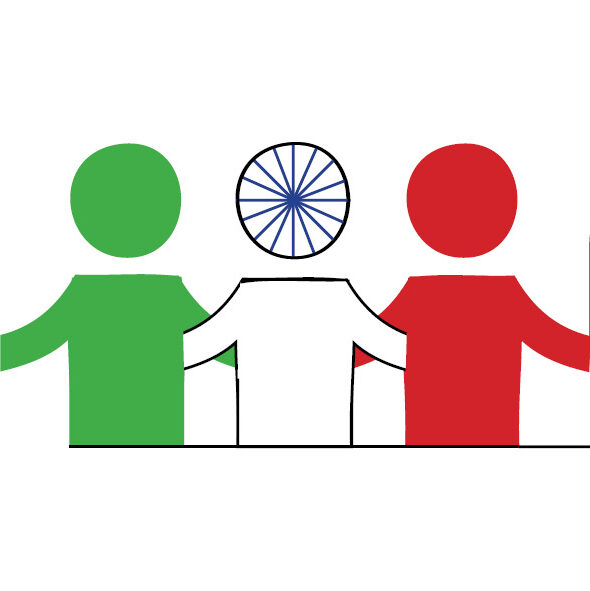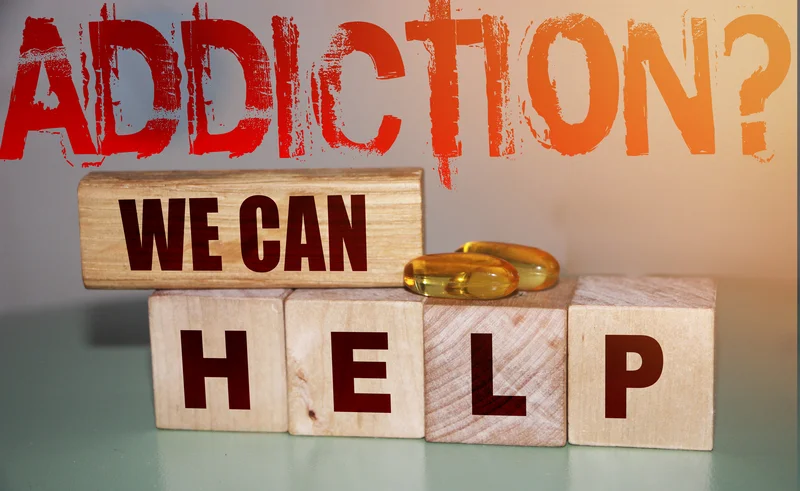
But Warrington suggests fully embracing those moments to prove that having a great time is by no means contingent on booze. Her online searches turned up first-hand accounts of people like herself, who hadn’t suffered major life-altering consequences from drinking, but saw their drinking as problematic all the same. Others identified as “alcoholic” but blended traditional 12-step recovery with other support among fellow “sober curious” followers. In particular, the idea of not drinking in what some consider awkward social situations, like a bar atmosphere, is encouraging, Dylan believes. “It’s a good thing; the movement gives younger people, who may feel pressure to drink or do drugs, another outlet,” she says. To help understand how taking a break from alcohol can influence healthy functioning of the liver, researchers in the Netherlands carried out a separate study to document the biochemical effects of one month of alcohol abstinence.
How can I recreate the feeling of drinking without drinking?
“We’re finding that we can fill our days,” Daniel says, “but sometimes the nights are hard.” Then they discovered Sans Bar. It included just 16 people who had been in the habit of drinking about two drinks per day on average. Still, the findings were provocative, scientists say, and merit following up. sober curious So far, there are a handful of studies that point to some benefits of abstinence for even moderate drinkers — in addition to the widely recognized benefits for people who have alcohol use disorder. They’re part of a sober social club, made up mostly of women in their 30s who want to have fun and make friends without alcohol.
Trend vs. Lifestyle
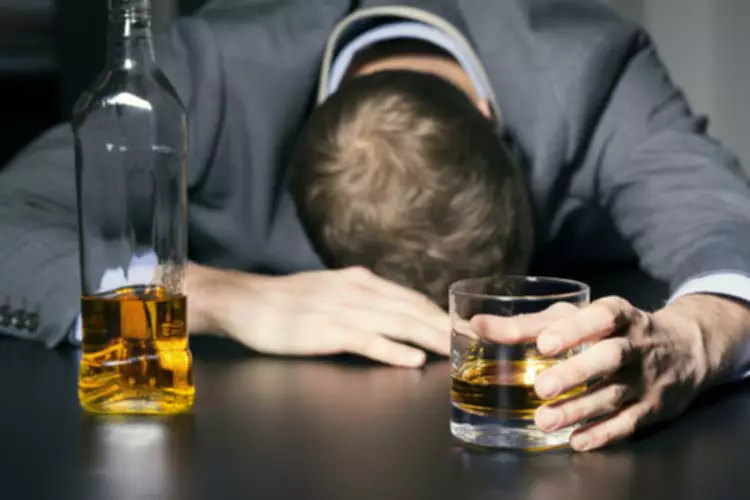
“I was tired, my skin was breaking out and I had tried everything else,” she continues. “I knew in my heart what I needed to cut.” “We came to a realization that we were drinking way too often and way too much,” says Zaleski. After one month, the researchers documented a reduction in the participants’ GGT. “And I know I wouldn’t be doing those things if I was still drinking.”
- Instagram and Facebook pages devoted to alcohol-free living boast followers in the tens of thousands.
- Her book encourages readers to be more mindful about consuming alcohol.
- “They found that at the end of that month — just after one month — people, by and large, lost some weight,” says Aaron White, the senior scientific adviser to the director at the National Institute on Alcohol Abuse and Alcoholism.
- She reminded herself, however, of the reality behind the “one drink,” which included, for her, likely more than one drink, a bad night’s sleep and heavy anxiety in the morning.
- If you answered “yes” to some of the questions or are simply interested in the Sober Curious movement, Ashton shared some tips to help you stay on track.
- “Better sleep” was cited by 62 percent, and 49 percent said they lost some weight.
New weight loss pill could benefit people with Type 2 diabetes: Drugmaker
- Given that judgment has no place in the sober curious movement, Warrington is by no means prescriptive about what other activities (alcoholic or otherwise) you should engage in.
- “People are more interested in a healthy lifestyle and part of not-drinking is part of this healthy culture which recognizes it’s not healthy the way Americans drink,” she adds.
- “The findings of these studies are actually very surprising,” White says.
- In addition, her family’s finances have improved without the steady purchase of wine.
- And while there is virtually no downside to taking a break from drinking alcohol — or quitting altogether — science is just beginning to study the ways abstinence might be good for you.
- “I was tired, my skin was breaking out and I had tried everything else,” she continues. “I knew in my heart what I needed to cut.”
The proliferation of craft mocktails made with nonalcoholic distilled spirits is making it easier and more fun for people who abstain from alcohol to feel like they are still part of the party. First, keep a calendar so you can keep track of how many nights a week you drink. Second, recruit some friends and hold each other accountable to feel less pressure to consume alcohol. On a recent Friday night, Rob Zaleski and Kim Daniel walk into Marshall’s bar in Austin. They’re going without alcohol for 30 days, they explain, and are documenting their experience in a podcast and on Instagram at #boozelessATX. Chris Marshall is a certified substance abuse counselor and the founder of Sans Bar, a venue for “the nightlife experience” without the alcohol, in Austin, Texas.
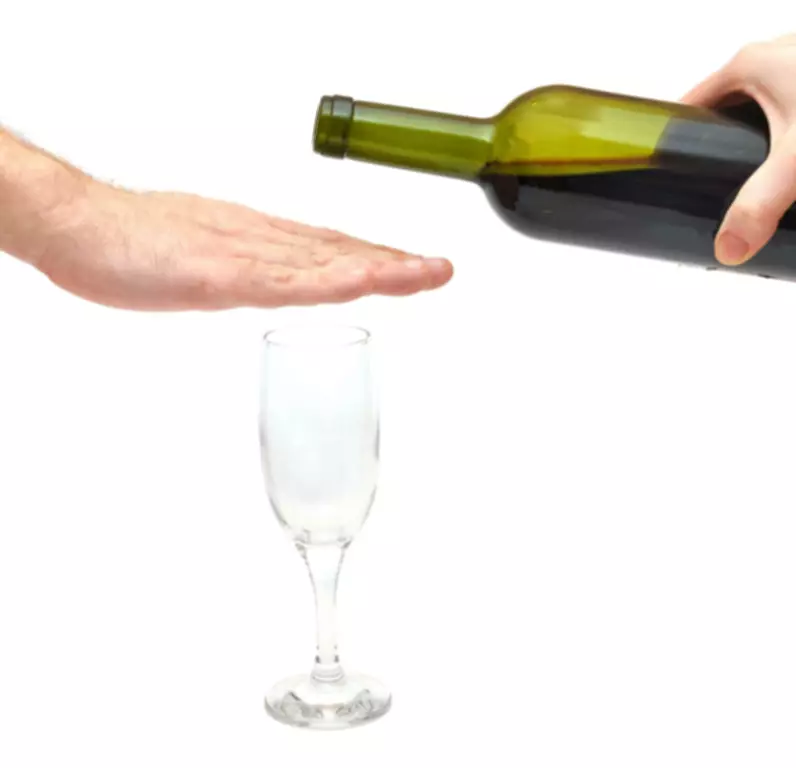
As we’ve reported, there are a variety of treatments beyond Alcoholics Anonymous, including counseling, medications and support groups to help people who want to end that dependency. This NIAAA guide can help you find a program or approach that’s right for you. Sans Bar has become so popular that Marshall took the concept on the road this year. He organized pop-up bars in Washington, D.C., New York and Anchorage, Alaska. And he has opened new sober bars in Kansas City, Mo., and western Massachusetts. “All my drinking was really centered around community and wanting that connection so badly with other people,” he says.
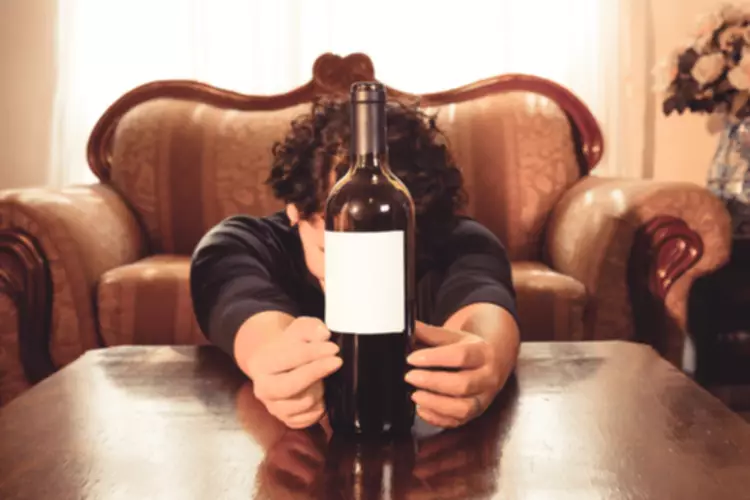
After a monthlong break, researchers measured levels of a liver enzyme called gamma-glutamyltransferase, or GGT. “I was thinking, ‘This isn’t making me happy anymore, but it’s ingrained in my daily habits,'” she says. “I was feeling lots of anxiety, depression, and irritability, even though I was trying to do all the right things,” she says. Now, if you’re worried that you are one of the 17 million U.S. adults who are alcohol dependent, and alcohol is causing you stress or harm, seek medical advice.
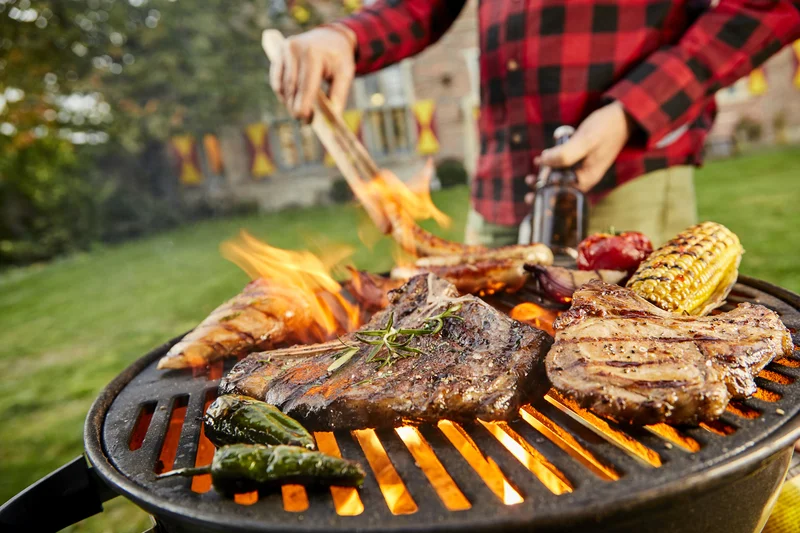
All of the drinks — from the creative cocktails to the shots — are non-alcoholic. Giving up alcohol has become a wellness trend, but life inside the movement is not always what you expect. He welcomes to Sans Bar people who are in recovery and those just curious about the sober life, as long as they are substance free when they arrive and while they’re there. Over the past 12 years, Marshall has seen a lot of changes in the way people view sobriety. Back when he was getting sober, you either drank — or you didn’t, he says. He became a substance abuse counselor to help others but found that being in recovery was often really lonely.
Those who took part were told to pay attention to their feelings and bodily sensations and see their urges to drink as ‘temporary events’. They were played a tape that told them that their ‘feelings can be accepted and tolerated, rather than acted upon’ and asked to practise the techniques they learned for 15 minutes a day for a week after the training. Interestingly also, the mindfulness group saw significantly bigger benefits compared to the group that were just given relaxation techniques to help drug addiction them feel calmer and more in control of the situation. “Life definitely isn’t boring without alcohol, but I have had to find new ways to socialize,” Warrington says.
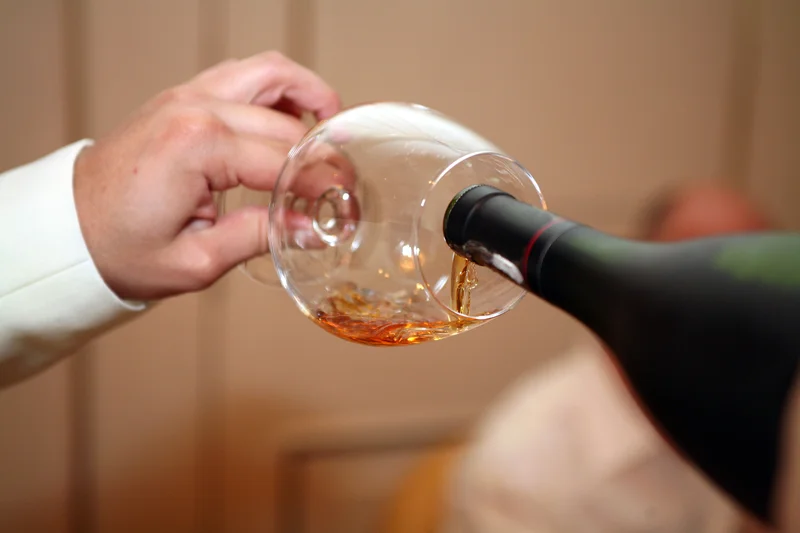
Up Next in Wellness—
There’s even a new app called “Sober Grind” which helps connect you with people who chose not to drink. Her book encourages readers to be more mindful about consuming alcohol. “We don’t have to drink. There’s nothing that says, as an adult being, you have to consume alcohol,” she added. “And yet, our society doesn’t really lead us to believe that. In fact, it’s very much the norm to drink.” Instead, the issue, like Warrington describes, was more of a gray area.
